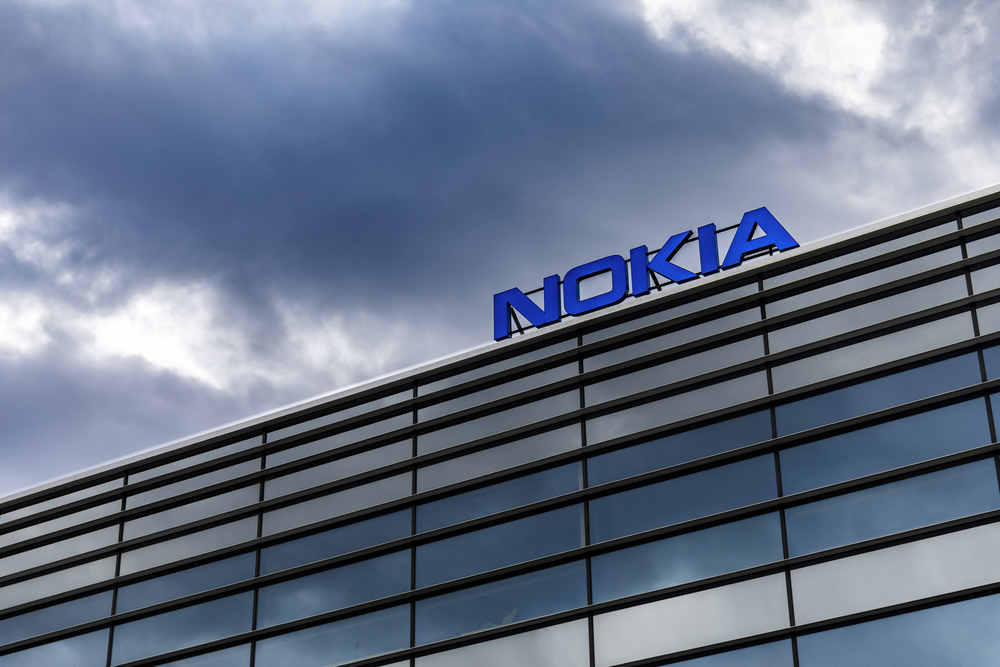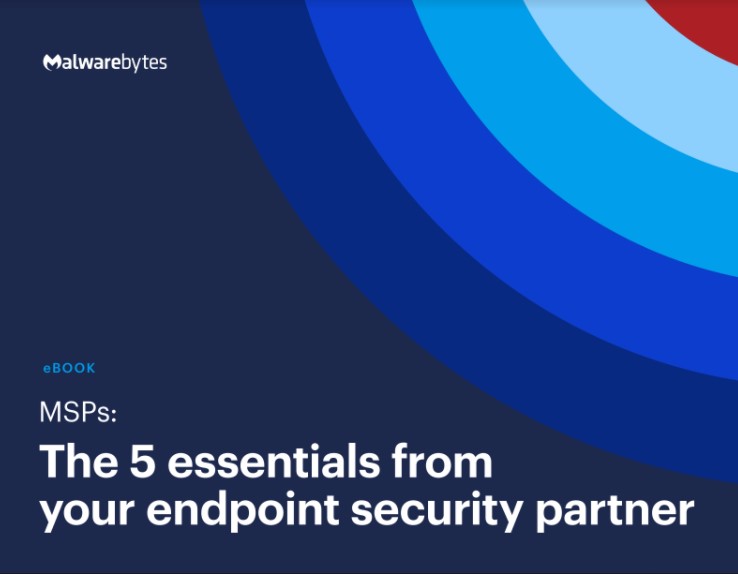Nokia subsidiary reveals data breach following Conti ransomware raid
SAC Wireless notifies current and former employees that their personal information may be at risk


A Chicago-based subsidiary of Nokia has admitted to a data breach after it was the victim of a ransomware attack that left systems encrypted and data stolen.
According to a letter sent out to current and former employees, SAC Wireless disclosed that an unauthorized third party accessed its systems as part of a ransomware attack on June 16. IT said the threat actor was the Conti cyber crime gang and had gained access to the SAC systems, uploaded files to its cloud storage, and then deployed ransomware to encrypt the files on its systems.
Following a forensic investigation with help from external cyber security experts, SAC Wireless found the affected files could contain employees’ details, such as date of birth; contact information. such as home addresses, emails, and phone numbers; government ID numbers, such as driver’s license, passport, or military ID; Social Security numbers; and more. Dependents or beneficiaries of employees may also be affected in the breach.
SAC Wireless said it would continue to work with forensic experts to remedy this incident and to identify potential enhancements to its information security systems.
“In response to this ransomware attack, we have already changed firewall rules, disconnected VPN connections, activated conditional access geo-location policies to limit non-U.S. access, provided additional employee training, deployed additional network and endpoint monitoring tools, expanded multi-factor authentication, and deployed additional threat-hunting and endpoint detection and response tools,” SAC Wireless said in the letter.
RELATED RESOURCE

The five essentials from your endpoint security partner
Empower your MSP business to operate efficiently
The company has also brought in Experian to offer employees a free 24-month membership to their identity protection services.
Sam Curry, chief security officer of Cybereason, told ITPro that while SAC may not be a household name, Nokia is, and threat actors follow the money to the biggest bank vaults and companies.
Get the ITPro daily newsletter
Sign up today and you will receive a free copy of our Future Focus 2025 report - the leading guidance on AI, cybersecurity and other IT challenges as per 700+ senior executives
“They have a lot of experience in knowing who pays. While nothing is 100 percent preventable, ransomware attacks can be managed and most often stopped. In the case of data breaches, organizations need deeper insight into potentially malicious activity in their environments and around the closed threat monitoring is most critical,” he said.
Curry added that organizations should have the right practices in place technically, like closing vulnerabilities, identity hygiene, strong general policies, back and recovery practices, and so on. They should also have an EDR, MDR, or XDR strategy.
“Ransomware is spread using the old APT toolkit — the operations that penetrate networks and plant ransomware like explosives can be hamstrung and stopped as they spread,” he added.
Rene Millman is a freelance writer and broadcaster who covers cybersecurity, AI, IoT, and the cloud. He also works as a contributing analyst at GigaOm and has previously worked as an analyst for Gartner covering the infrastructure market. He has made numerous television appearances to give his views and expertise on technology trends and companies that affect and shape our lives. You can follow Rene Millman on Twitter.
-
 Third time lucky? Microsoft finally begins roll-out of controversial Recall feature
Third time lucky? Microsoft finally begins roll-out of controversial Recall featureNews The Windows Recall feature has been plagued by setbacks and backlash from security professionals
By Emma Woollacott Published
-
 The UK government wants quantum technology out of the lab and in the hands of enterprises
The UK government wants quantum technology out of the lab and in the hands of enterprisesNews The UK government has unveiled plans to invest £121 million in quantum computing projects in an effort to drive real-world applications and adoption rates.
By Emma Woollacott Published
-
 ‘Phishing kits are a force multiplier': Cheap cyber crime kits can be bought on the dark web for less than $25 – and experts warn it’s lowering the barrier of entry for amateur hackers
‘Phishing kits are a force multiplier': Cheap cyber crime kits can be bought on the dark web for less than $25 – and experts warn it’s lowering the barrier of entry for amateur hackersNews Research from NordVPN shows phishing kits are now widely available on the dark web and via messaging apps like Telegram, and are often selling for less than $25.
By Emma Woollacott Published
-
 Healthcare systems are rife with exploits — and ransomware gangs have noticed
Healthcare systems are rife with exploits — and ransomware gangs have noticedNews Nearly nine-in-ten healthcare organizations have medical devices that are vulnerable to exploits, and ransomware groups are taking notice.
By Nicole Kobie Published
-
 Alleged LockBit developer extradited to the US
Alleged LockBit developer extradited to the USNews A Russian-Israeli man has been extradited to the US amid accusations of being a key LockBit ransomware developer.
By Emma Woollacott Published
-
 February was the worst month on record for ransomware attacks – and one threat group had a field day
February was the worst month on record for ransomware attacks – and one threat group had a field dayNews February 2025 was the worst month on record for the number of ransomware attacks, according to new research from Bitdefender.
By Emma Woollacott Published
-
 CISA issues warning over Medusa ransomware after 300 victims from critical sectors impacted
CISA issues warning over Medusa ransomware after 300 victims from critical sectors impactedNews The Medusa ransomware as a Service operation compromised twice as many organizations at the start of 2025 compared to 2024
By Solomon Klappholz Published
-
 Warning issued over prolific 'Ghost' ransomware group
Warning issued over prolific 'Ghost' ransomware groupNews The Ghost ransomware group is known to act fast and exploit vulnerabilities in public-facing appliances
By Solomon Klappholz Published
-
 The Zservers takedown is another big win for law enforcement
The Zservers takedown is another big win for law enforcementNews LockBit has been dealt another blow by law enforcement after Dutch police took 127 of its servers offline
By Solomon Klappholz Published
-
 There’s a new ransomware player on the scene: the ‘BlackLock’ group has become one of the most prolific operators in the cyber crime industry – and researchers warn it’s only going to get worse for potential victims
There’s a new ransomware player on the scene: the ‘BlackLock’ group has become one of the most prolific operators in the cyber crime industry – and researchers warn it’s only going to get worse for potential victimsNews Security experts have warned the BlackLock group could become the most active ransomware operator in 2025
By Solomon Klappholz Published